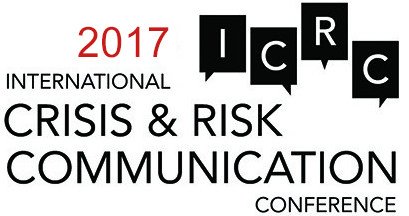
Associate Professor
University of Central Florida
United States of America
Ann Neville Miller, Ph.D., has actively taught, researched and served in the field of intercultural communication for more than 10 years. Graduating from the University of Georgia in 2005, she won the Gerald R. Miller dissertation award for her research on self-disclosure of positive diagnosis of HIV in Kenya. She has since established research programs on intercultural factors in health communication, instructional communication, and scholarly productivity of communication faculty in sub-Saharan Africa. She has published more than 35 peer-reviewed articles in journals like Journal of International and Intercultural Communication, Health Communication, Journal of Health Communication, AIDS and Behavior, and Communication Education, and co-edited a scholarly volume. Miller teaches courses in intercultural communication, persuasion, research methods and health communication. She is a member of the editorial board for the Journal of International and Intercultural Communication and Communication Education.
Motivational, Contextual, and Parental Mediation Factors Related to Urban Kenyan Youths’ Intake of Sexual Media Content
Mounting evidence in Western nations indicates that heavy viewing of sexual TV content among adolescents predicts early sexual debut and teen pregnancy. Research in sub-Saharan Africa, where youths remain at the center of the HIV epidemic, has not investigated this connection, even though sexual content has dramatically increased in many media markets. This presentation will discuss findings of a systematic cluster survey of Nairobi high school students, identifying factors that predict exposure to sexual media and radio content.
Key learning objectives for audience members are:
1) understand current evidence regarding the role of entertainment programming as a predictor for risky sexual behavior; and
2) understand early evidence for influence of factors distinct to the sub-Saharan, in particular the Kenyan, environment.


